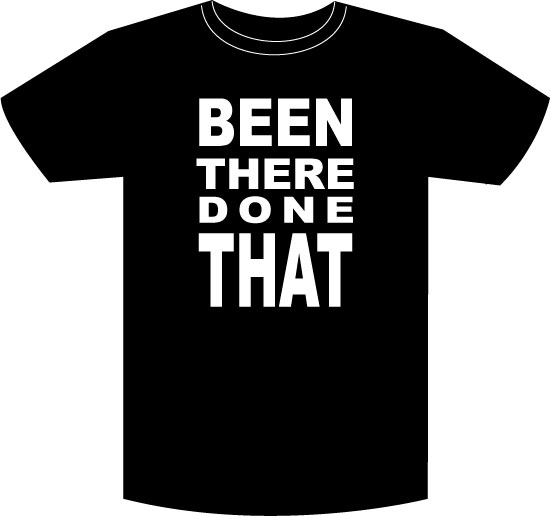“I’ve spent a period of ‘service’ on society’s boundaries” Wendy Addison
I blew the whistle on corporate corruption fifteen years ago, long before Julian Assange or Edward Snowden made the topic mainstream. Securing justice after an eleven year battle whilst living in abject poverty has set me free to re build, re authenticate and re position. My journey has been arduous but purposeful and valuable. In today’s’ blog I want to share my recent reflections and praise and thank those individuals and institutions who have demonstrated their willingness to challenge cognitive biases surrounding whistleblowers and to be willing to explore the unfamiliar. This blog is dedicated to you, the Early Adopters.
Alongside the personal challenge of enduring an eleven year war of attrition as the whistleblower for the biggest corporate collapse in South Africa’s history, otherwise known as the South African Enron, I have been required to re invent myself professionally. This was, and still is an ongoing outcome of the frozen pattern created by society to marginalise those who speak out. Once internalised as an established behaviour and a social norm, albeit an artificial, conventiality, individuals take cognitive short cuts to remain within and behind the façade of this rigid boundary.

I have experienced the treatment and framing of whistleblowers as not dissimilar to that of being an alcoholic. We are both framed as ‘deviant’ with an expectation that it is our behaviour that ought to change and not society’s’. This is because it is the audience and not the individual who ultimately decides whether or not any given action or actions are labelled as deviant. When a society reacts negatively to a deviant it is engaging in a very intricate process of de selection, applying a stigma that destroys whatever chance someone such as a whistleblower might otherwise have for a re ushering back into resuming a normal life.
During my professional re invention I was utterly fatigued by walking into reception areas of corporations displaying their values in an explosive, eye catching fashion, whilst at the same time being required to service ongoing financial penalties for acting against those same values. I walked into many rooms named for people and institutions that don’t mean well for the world, and then in those rooms there’d be talk and talk about making the organisation and the world better places. Much of the time, these organisations throng with executives struggling just to find out what is going on. I began to understand that the unreturned phone calls, the silence post meeting spoke more to the sound of their dysfunction.
I experienced a clear partition between ‘expert’ consultants, change makers, academics, talking and teaching the theory of whistleblowing, compliance and ethics – they were thriving, and the actual whistleblowers, keen to share their knowledge and wisdom, to be of service – they, we; we were wilting.
The winners and the losers. Sitting alongside us, the winners would empathise and take notes from our experience to polish their own skill set, so as to acquire more. As ‘experts’ they were exempt from the rigorous scrutiny we as whistleblowers are exposed to. This leads to an indulgence, sparing them from the questions about the larger systems and structures they sustain that benefit them and limit others. There would be a lot of talk about ‘giving more’ but never talk about taking less. The ‘experts’ spoke about what they should be doing more of but not of what they should be doing less of. This fetish of change agents and expert consultants encourages a neglect of the unglamorous ‘gruntwork’ of realistic management of this significant and challenging area.
|





Leave A Comment